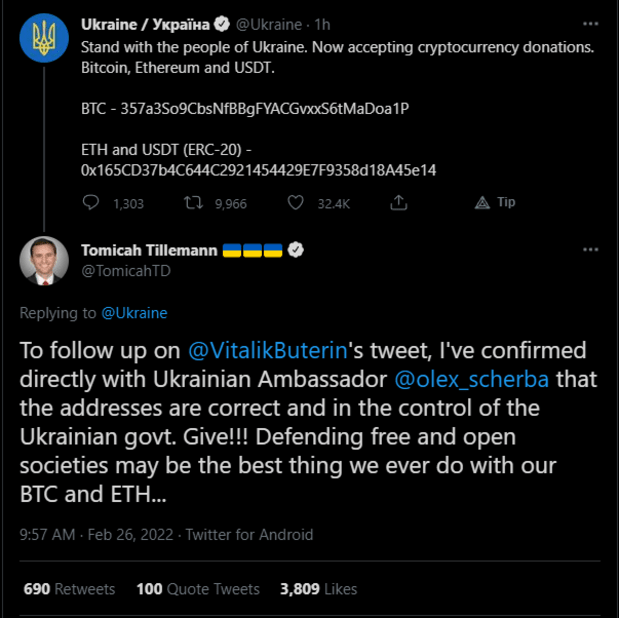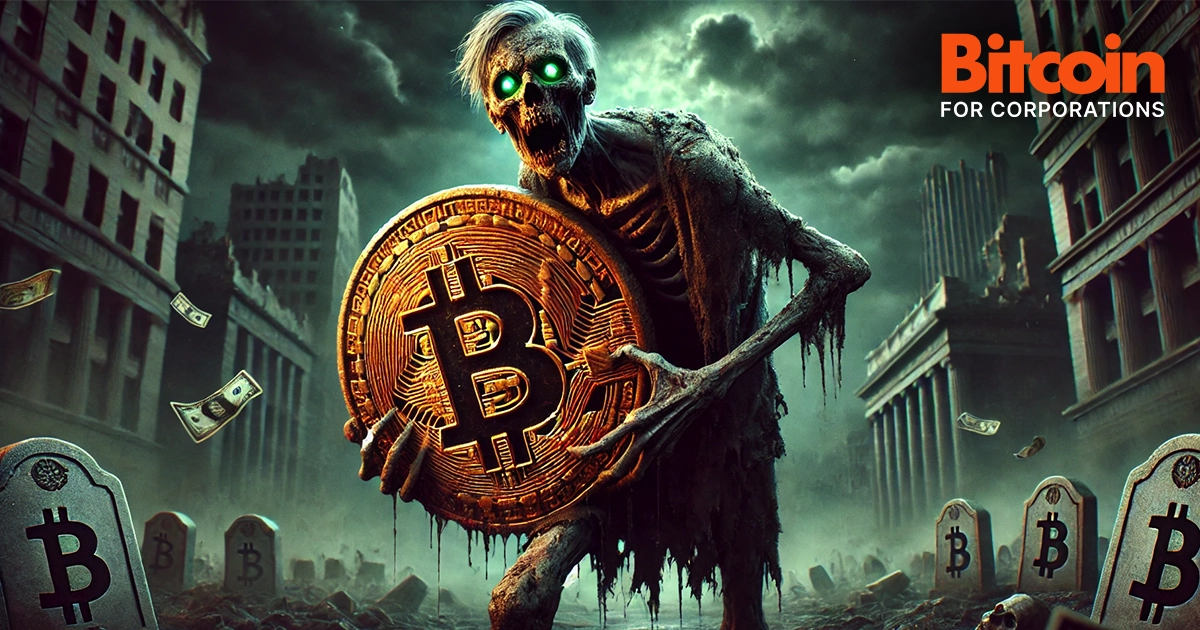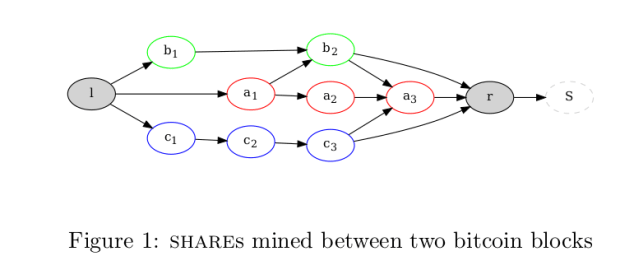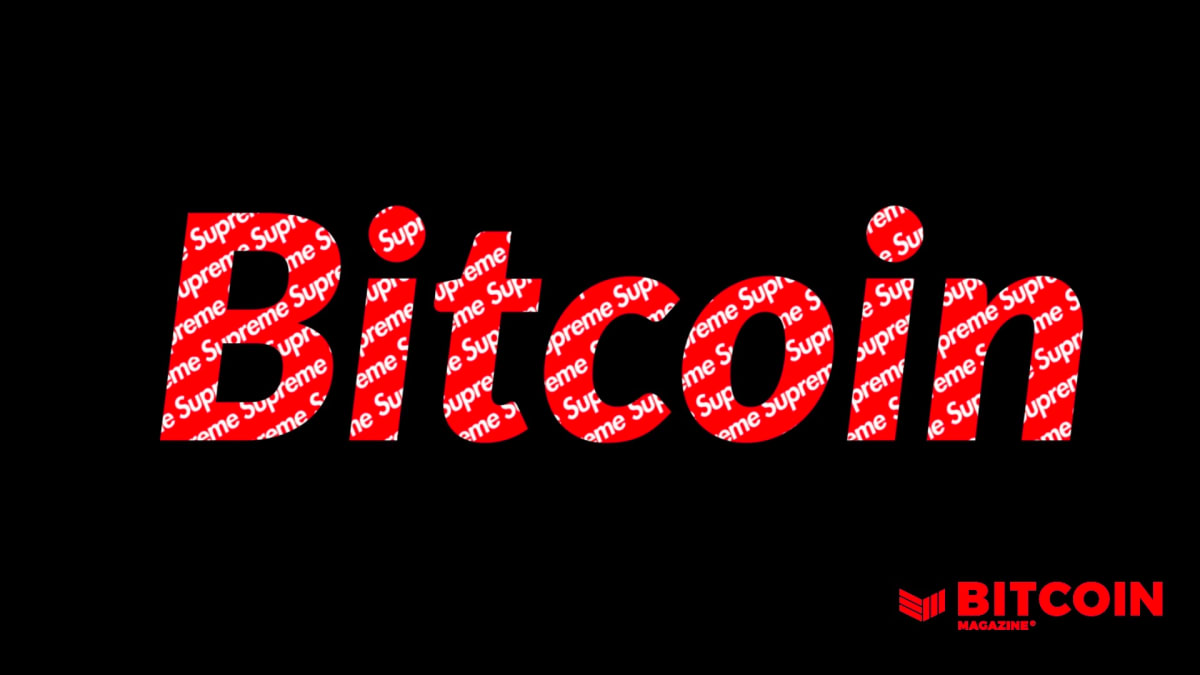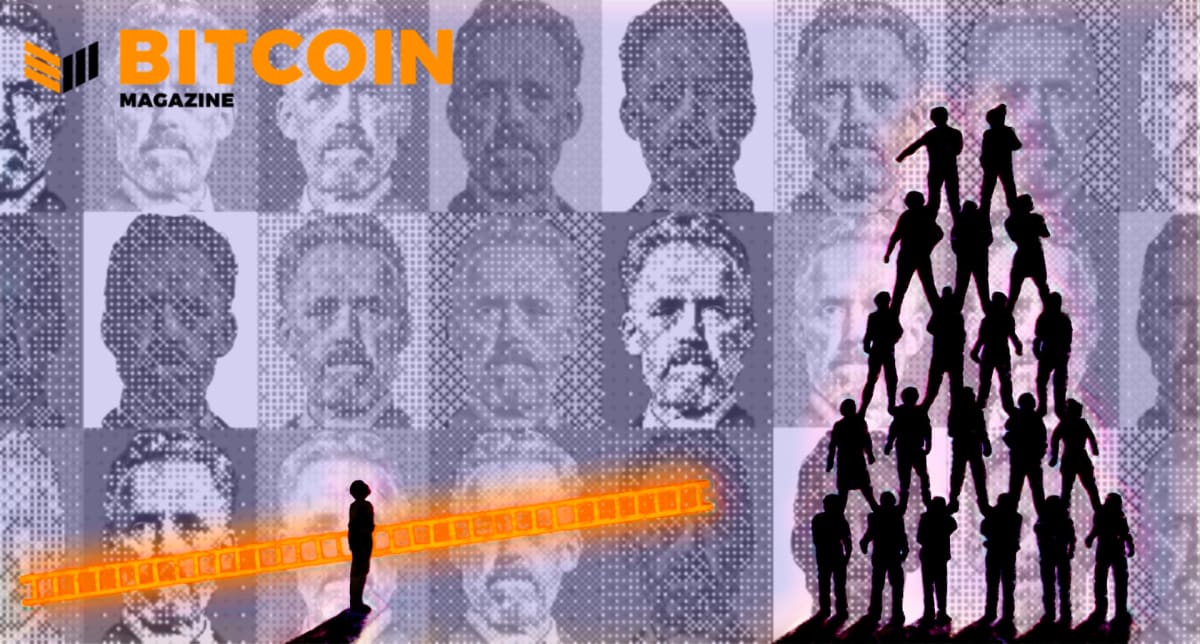Machankura’s Noelyne Sumba Discusses The Power Of Putting Bitcoin On Africa’s Feature Phones
In August 2023, during the “Barbie” media tour, actor Margot Robbie commented on how two of the movie’s producers, David Heyman and Tom Ackerley, gave off “big Ken energy” while talking about Bitcoin. It seems likely that the comment was, at least in a way, meant to be derogatory. Perhaps this is because so few people actually understand what Bitcoin even is. Just the mention of cryptocurrency will make the majority of people roll their eyes at the scandal-ridden, casino-like and often-fraudulent topic. So, it begs the question, are they wrong?
Unfortunately, there is more nuance in the answer than most Americans have patience for. The problem with lumping bitcoin in with cryptocurrency is that the vast majority of people cannot identify the difference between bitcoin and any other coin. One of the hardest elements of Bitcoin to grasp is that the intricacy of the network requires multiple interactions for someone not to disregard it all together. Bitcoin requires a multidisciplinary understanding of philosophy, economics and computer science which makes it difficult to grasp at first.
In a perfect world, Bitcoin would hold a reputation for improving human rights, incentivizing the build out of energy infrastructure and limiting government overreach globally. If you’re wondering how Bitcoin could possibly accomplish these things, I’ll give you a few examples:
The proliferation of Bitcoin adoption in the continent of Africa is astonishing. Due to political corruption, hyperinflation and, in some cases, human rights violations, the use of Bitcoin has spread like wildfire. One of the biggest problems for Bitcoin adoption in African countries is that over half of the continent has limited accessibility to power and, therefore, internet access. Thankfully, a handful of developers and entrepreneurs are helping to solve this issue.
Forward-thinking companies like Gridless Compute incentivized new energy infrastructure and projects like Machankura are focused on enabling Bitcoin use without the internet. The motive behind the creation of Machankura is to create accessibility to Bitcoin through the use of feature phones that do not require internet connectivity to operate.
Noelyne Sumba is working to get Machankura off the ground and into the hands of those who need it the most. Sumba was introduced to Bitcoin several times before she fully grasped the concept — she even had a bitcoin wallet that got lost in the years between introduction and adoption (and yes, we’re collectively sobbing for all the lost wallets out there!). Sumba has worked tirelessly the past few years to educate herself and others about what Bitcoin can do for her home country of Kenya, as well as those living across the African continent.
Below are her answers to questions about that work so far, her Bitcoin journey and what she feels is left to be done.
How and when did you first learn about Bitcoin and what specifically drew you to it?
In 2015, I initially came across Bitcoin, but at that time, I didn’t fully grasp its potential. However, after completing my university education, I rediscovered it and recognized its capacity to revolutionize the finance sector, which drew me back to it. Since then, my enthusiasm for Bitcoin has only deepened.
Who first came up with the idea for Machankura, and how does it differ from the “typical” Bitcoin address?
I absolutely adore recounting this tale. The concept for Machankura originated from a tweet shared by Nikolai Tjongarero, a Bitcoin enthusiast from Namibia. In the tweet, he expressed the need for a bitcoin wallet on a feature phone. Kgothatso Ngako, who is now the founder of Machankura, responded, promising to create it within two weeks. True to his word, he delivered on his promise after the two-week period!
In Africa, feature phones hold a significant portion of the mobile phone market, and internet connectivity remains limited. This is what sets Machankura apart — it utilizes the Bitcoin Lightning Network to enable people without internet-connected devices to send and receive bitcoin. The process is facilitated through USSD (unstructured supplementary service data), which operates through a live prompt-and-response session, similar to the implementation of mobile money digital payments.
What problems does Machankura solve for Bitcoin accessibility in Kenya? Could the use of mobile phones (without internet) to transfer bitcoin truly make Bitcoin accessible to humans globally?
Machankura addresses the problem of Bitcoin accessibility in Kenya by providing a solution for individuals who don’t have access to the internet or can’t afford data. With internet penetration being low in the country and data remaining expensive for the majority, Machankura’s use of mobile phones without internet connectivity allows people to transfer Bitcoin is convenient. This is especially significant considering that feature phones still dominate the mobile device market in Kenya, surpassing the popularity of smartphones in 2022 (68.1% compared to 60.2%).
By adopting a method similar to mobile money transfers, Machankura enables the quick and cost-effective transfer of Bitcoin without requiring access to a traditional bank account. This approach has the potential to make Bitcoin accessible to people worldwide, as it leverages the widespread use of feature phones, which are prevalent not only in Kenya but also in many other regions where internet penetration is limited or costly. Therefore, the use of mobile phones (without internet) for bitcoin transfers does have the capacity to broaden Bitcoin accessibility to a global audience.
In your opinion, are there any security risks to using text messages to send bitcoin? Or, do you see any other potential risks to using this method of transferring value?
There are indeed security risks associated with using text messages to send bitcoin. SMS is not as secure as HTTPS, as the telecommunication companies have the capability to intercept communications since they are the ones managing the infrastructure.
Additionally, users must take precautions to protect themselves against SIM swaps, which is a potential risk when using SMS-based services for bitcoin transactions.
To enhance security, it is advisable for security-conscious users to opt for self-custodial options like the Phoenix wallet. These solutions provide more control and reduce the reliance on potentially-vulnerable communication channels like SMS.
As a woman working in a predominately male sector, why is it important to close the gender gap in Bitcoin interest and adoption?
Women constitute a significant portion of the population and their perspective is important and valuable, especially in the development of a technology that will impact everyone’s lives.
I hope we can encourage more women to participate in Bitcoin in ways that align with their comfort and preferences and, this way, we can eventually challenge the bias that they aren’t as capable or interested in the technology.
This is a guest post by Becca Bratcher. Opinions expressed are entirely their own and do not necessarily reflect those of BTC Inc or Bitcoin Magazine.

